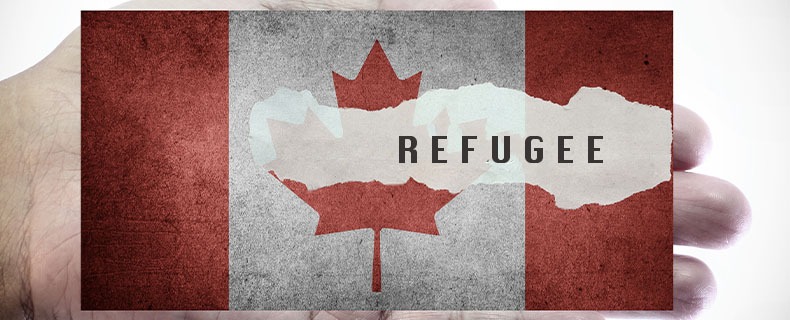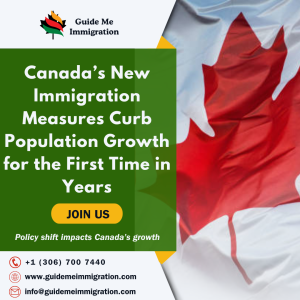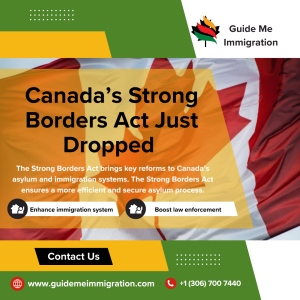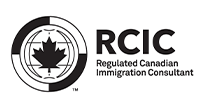
In recent times, Canada’s reputation as a beacon of hope for refugees and asylum seekers has led to an increase in refugee claims at its borders. Notably, a growing trend involves individuals entering Canada on a Temporary Resident Visa (TRV) and subsequently claiming refugee status, despite lacking a genuine basis for their claims. This phenomenon poses significant legal and ethical challenges, with far-reaching implications for both the claimants and Canada’s immigration system. GuideMeImmigration.com delves into the consequences, risks, and alternative lawful pathways for those seeking to settle in Canada.
The Trend and Its Implications
Canada’s commitment to offering protection to genuine refugees is unwavering. However, the integrity of the asylum system is compromised when individuals with no substantial basis for refugee claims use it as a backdoor for immigration. This not only burdens the system but also detracts resources and attention from those in dire need of protection.
Future Consequences and Risks for Claimants
- Legal Repercussions: Submitting a refugee claim without a genuine basis can lead to the refusal of the claim, affecting the claimant’s credibility in any future immigration applications to Canada or other countries.
- Detention and Deportation: Claimants found to be abusing the system may face detention and eventual deportation, with a possible entry ban, severely limiting their chances of returning to Canada legally in the future.
- Impact on Future Immigration Prospects: A failed refugee claim can negatively impact one’s immigration record, complicating any subsequent attempts to enter Canada, whether for visitation, study, work, or permanent residency.
Alternatives to Unfounded Refugee Claims
For individuals seeking to settle in Canada, it’s crucial to explore legitimate and sustainable immigration pathways that align with Canada’s laws and policies. Some viable alternatives include:
- Express Entry System: For skilled workers, the Express Entry system is an efficient way to gain permanent residency based on skills, work experience, language ability, and education.
- Provincial Nominee Programs (PNPs): Most Canadian provinces and territories have their own immigration programs that nominate candidates for permanent residence based on local economic needs.
- Family Sponsorship: Individuals with family members in Canada may be eligible for sponsorship under the Family Class category, including spousal, common-law, or child sponsorship.
- Study or Work Permits: Gaining admission to a Canadian educational institution or securing a valid job offer from a Canadian employer can open pathways to temporary residency and potentially lead to permanent settlement.
- Start-up Visa Program: Entrepreneurs with innovative business ideas might qualify for the Start-up Visa Program, offering a route to permanent residence while contributing to Canada’s economy.
Conclusion
While the allure of a better life in Canada is understandable, it is paramount for individuals to pursue immigration through legitimate channels. Misusing the asylum system not only jeopardizes the claimant’s future prospects but also undermines the sanctity of the refugee protection mechanism. By exploring alternative legal pathways, potential immigrants can find sustainable solutions that respect Canada’s immigration policies and contribute positively to the country’s diverse tapestry.
At GuideMeImmigration.com, we are committed to providing accurate information and guidance on navigating Canada’s immigration system ethically and effectively. Whether you’re considering skilled immigration, family sponsorship, or studying in Canada, our experts are here to help you explore your options and embark on your journey with confidence and clarity.







